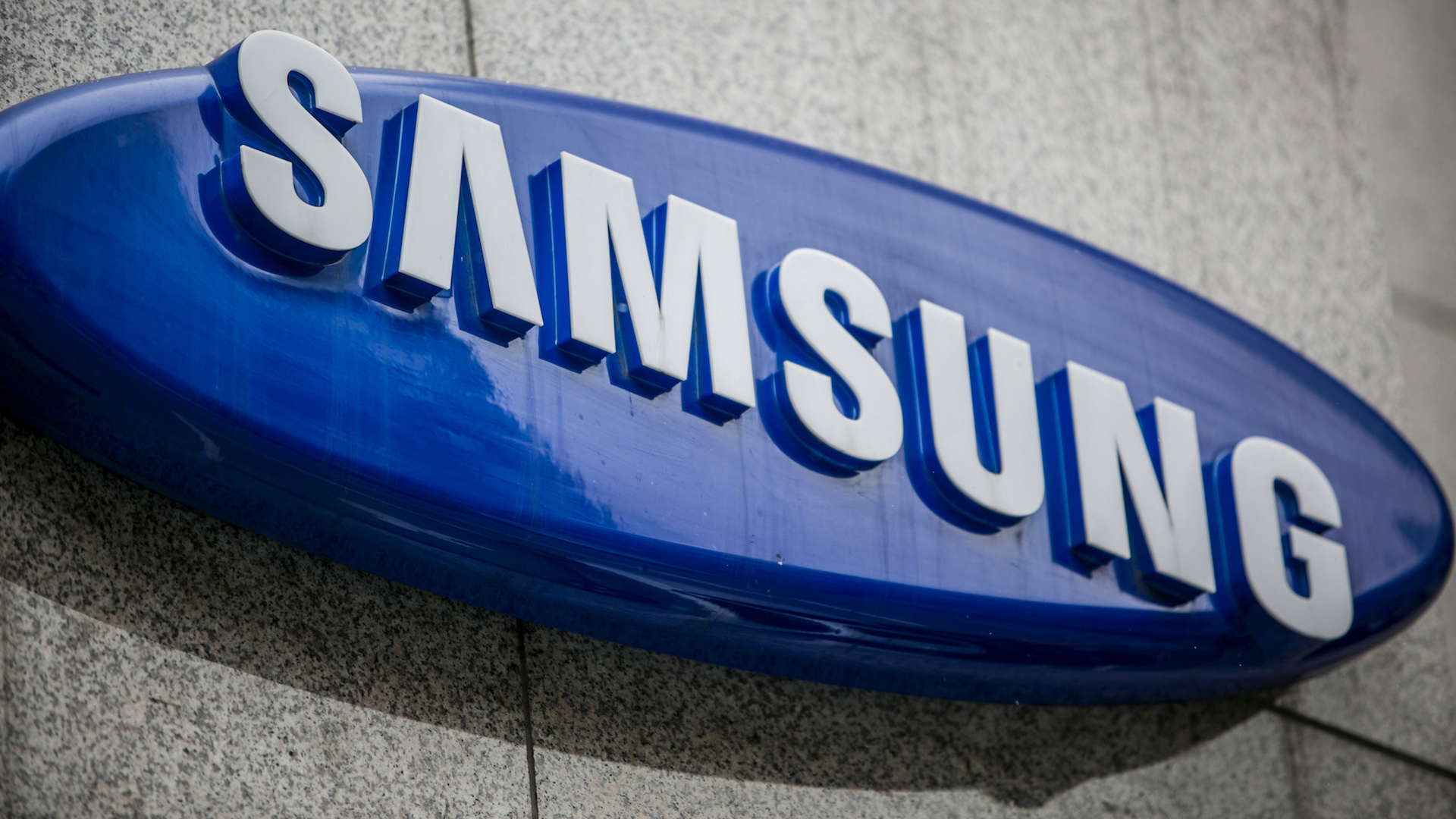

Solid-state batteries are often talked about as the next big thing that’ll make electric vehicles a practical reality. Replacing the volatile liquid electrolytes in current lithium-ion batteries will unlock faster charge times and longer ranges, and the great energy density of solid-state batteries means they’ll be smaller and lighter than the 1,000-pound pack currently used in the Tesla Model 3, for example. But there are two key problems standing in the way of the technology—and Samsung says it’s figured out one of them.
What the company claims to have fixed is the issue of battery degradation. See, over repeated charging and discharging cycles, the lithium anodes in a solid-state battery grow tiny, stalagmite-like spikes called dendrites, which get large enough to cause a short-circuit and the premature failure of the entire pack. Dendrites can grow in current liquid batteries, too, but the problem is acute in solid-state tech.
Samsung‘s answer to this problem was to replace a cell’s lithium anode with a dendrite growth-resistant silver-carbon anode, which also reduced the prototype cell’s thickness while almost doubling the energy density of a comparable lithium-ion battery. A battery pack made of cells like these could theoretically give an electric vehicle a single-charge range of nearly 500 miles and boast a service life of more than 1,000 charge cycles—that’s a 500,000-mile part—while being less volatile and safer in a crash than a battery filled with flammable liquid. Currently, the longest-range electric vehicle you can buy is the 373-mile Tesla Model S.
Yet this development should be taken with a grain of salt, because like we said, this dendrite problem is only one of two major obstacles. The other is cost, as solid-state battery tech remains prohibitively expensive. In 2018, Panasonic’s CEO said that the company doesn’t expect solid-state battery technology to be commercially viable for at least a decade. But if Samsung can replicate these results in a real-world application, that timeline might speed up soon.
h/t: Car and Driver
Got a tip? Send us a note: tips@thedrive.com